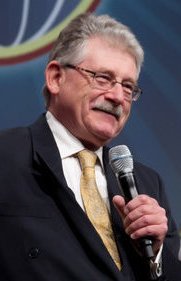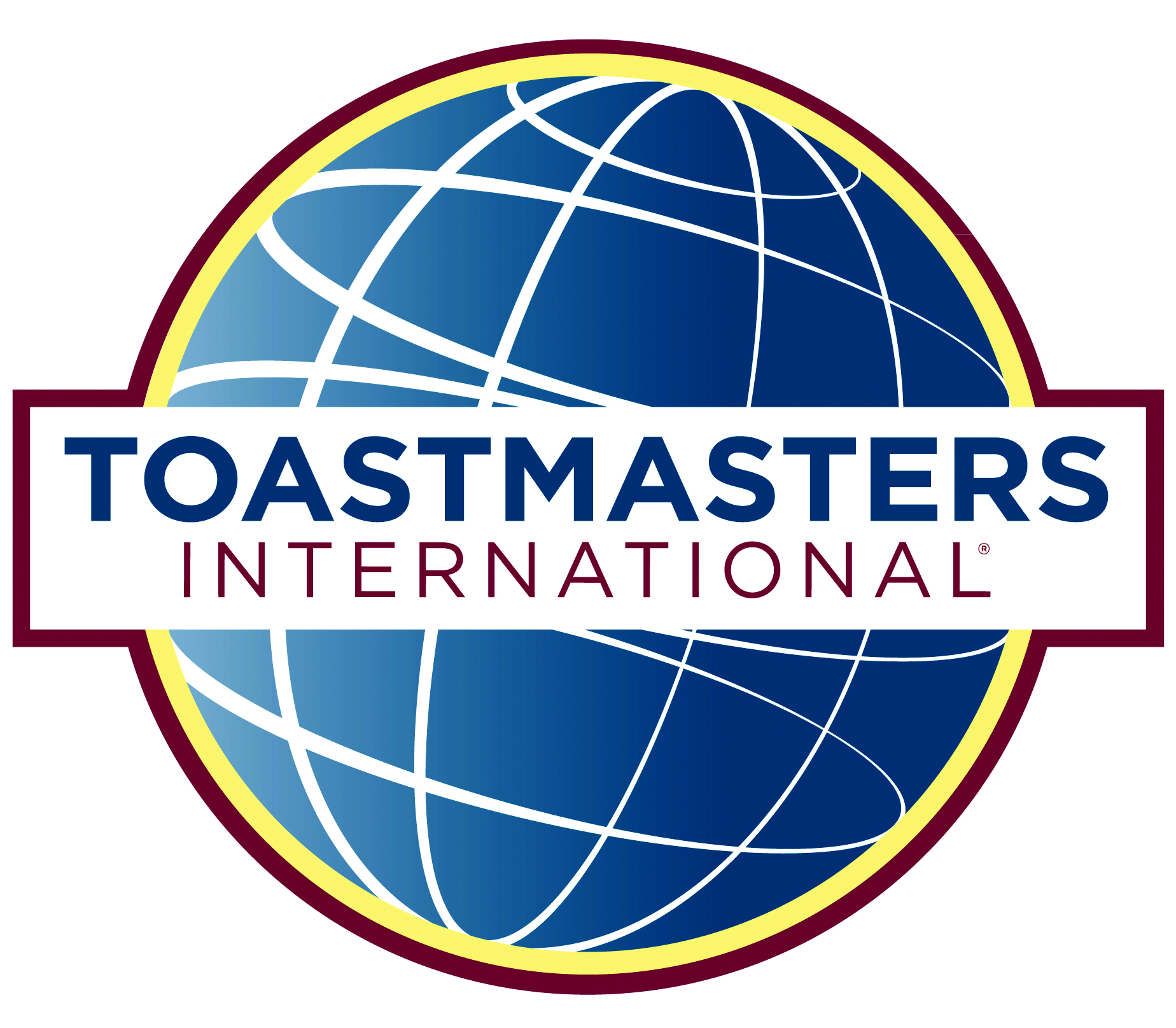by Ann Banham

What should you do in the time between finishing writing your speech and presenting it to an audience?
You’ve chosen your topic, done your research and written a killer speech. It is scheduled at a forthcoming meeting / conference / presentation and you inwardly congratulate yourself. All the hard work is done. * Fist pump! *
But is all the hard work done? Can you afford to relax? What should you do between now and when you are standing on the stage or behind the lectern?
Well, there are some options. You feel you haven’t got enough time or brain capacity to memorise it, so you print the speech in 16 pt double-space and plan to read it out loud. Or you can write down a series of points to serve as aides-memoires and plan to talk to these. Some people recommend memorising the first and last lines and have a rough idea of what you are going to say in the middle. Or you can polish, refine and rewrite the speech, then memorise every single word.
What is the best way to prepare a really memorable speech? This is a question I put to Jock Elliott, Australia’s very own World Champion of Public Speaking 2011.
Jock says: “The only right way to prepare is the one that is right for you. I personally memorise every word. I go to a lot of trouble to pick the right word in the right place and not to use it is to waste the time I’ve spent in doing so.
“But reality steps in the way of intention and it’s a rare day that every word is said as you meant it, but if the message is there and the heart is there, then the words will find their way.”
It’s not only the words that you need to rehearse; many speakers also consider blocking out their moves on stage – similarly to actors rehearsing a play. Back to Jock:
“Some stage elements require deliberate choreography,” Jock says. “Others in a looser framework should be more spontaneous, driven by your mood or passion and the audience response and size. In my big speech [Just so Lucky] I did some blocking for the “friends of my blood, of my times and of my heart” and when I did not move to those spots, I either gestured or looked to them. This blocking strategy is a motif that reminds your audience of the image you have created, without having to do it in detail each time.”
It seems you have got to do some work to really prepare and give justice to your speech. Probably better not to finish it at midnight the day before you present it. (Yes, I’m putting my hand up here. I have been guilty of that). I asked Jock what did he think the optimal time is for preparation mode? “No such animal,” he says. “It varies from speaker to speaker. Basically, the more the better. The speech I used to win the semi-final in Washington in 2006 was 10 years in preparation.”
So, sorry, there are obviously no short cuts in the preparation stage if you want to do justice to all the research and excellent word choice that’s gone into your writing. And some last advice from Jock in giving a really memorable speech?
“Know your point, be able to express it (to yourself at least) in one sentence. Know your audience well enough to be able to express that point in ways that make what matters to you, matter to them. It’s not about you and your point. It’s about your point as it relates to your audience.
“ Think of it like this: there is your message, your audience and yourself and you are merely the bridge between your message and your audience. If the bridge is badly anchored at either end, then the whole structure will fail.”
[info_box title=”” image=”” animate=””]
By the way: if your goal is to give a TED talk, according to Tim Urban [Wait but Why blogger] be prepared to not only memorise your talk, but to also pass two tests to prove that you know it word perfectly.
- If you record yourself saying the talk and play it back at double speed, can you say it out loud while it’s playing and stay ahead of the recording?
- Can you recite the talk with no problem while simultaneously doing an unrelated task that requires attention, like following a recipe and measuring out the ingredients into a bowl?
[/info_box]
Ann is a member of three Toastmasters Clubs in Melbourne: National Australia Bank, Victorian Governors and Williamstown. She is also the Speechcraft Coordinator for Victoria. Now retired from corporate life, Ann is a happy grandmother and loves to have adventures with her three-year-old grandson, Luke.
